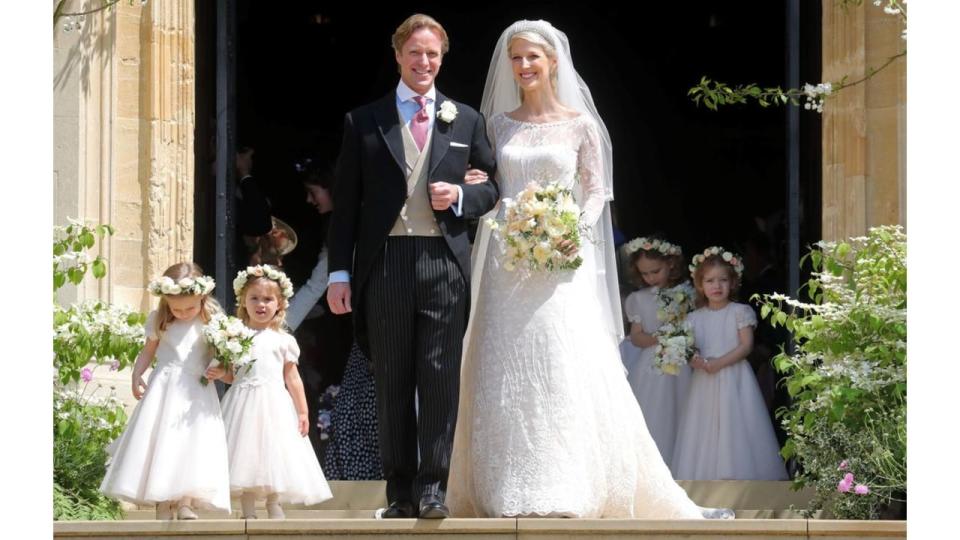Thomas Kingston's parents emotionally recount day of son's death as they fight for change

Thomas Kingston's parents have opened up about the day that they learnt of their son'stragic deathin February last year.
The financier was found dead at his parents' home in the Cotswolds on 25 February and died aged 45 from a "traumatic head wound". A gun was found near his body. In the days leading up to his death, Thomas had stopped taking his antidepressant medication.

During an appearance on Radio 4's Today programme on Tuesday morning, Jill and Martin shared a deeply moving account of what happened that afternoon. "He was normal, he was fun, we were laughing about various things, there was nothing that raised any suspicions in our mind," Jill explained.
Thomas's mother explained how they had lunch and later enjoyed a relaxing afternoon, reading books, sitting around the fire on a "cold February day".
She continued: "We fell asleep, he fell asleep, I fell asleep. Martin, you decided to go for a walk, and then Tom got up and went to unload his car because he was bringing home some stuff they'd got in London, and it was going to be stored with us."
Related
Thomas Kingston's widow Lady Gabriella issues warning in heartbreaking statement at inquest
Princess Michael of Kent makes rare comments following death of son-in-law
Prince Michael's life in photos - from role at Queen Elizabeth II's wedding to marriage to Princess Michael
Martin said that he knew something was wrong when Jill couldn't find him [Thomas]. He went on to say: "I realised that one of the rooms that was in the outbuilding was locked… I had to break the door down."
In an emotional moment, Thomas's father added: "I would have difficulty explaining to you what it was like without crying."

The inquest was told that Thomas had initially been given sertraline, a drug used to treat depression, and zopiclone, a sleeping tablet, by a GP at the Royal Mews Surgery, a practice at Buckingham Palace used by royal household staff, after complaining of trouble sleeping following stress at work.
He later returned to the surgery saying they were not making him feel better, and his doctor moved him from sertraline to citalopram, a similar drug.

In the days leading up to his death, Thomas had stopped taking medication, and toxicology tests showed caffeine and small amounts of zopiclone in his system.
Elsewhere in the interview, Jill and Martin spoke about two key changes that they'd like to see, explaining how despite the "horrendous experience", they'd "love something good to come out of it."
Jill explained: "There are two things that we would really like to see change. One is that every person who is prescribed SSRIs actually signs something that says that they had been told about the difficulties going on and about the difficulties of coming off.

"They were aware it could – it's an extreme case – but it could lead to suicide… and then alongside that, we'd really like to see that a person, a spouse, a partner, a parent, a close friend, somebody was going to walk with them through it. Maybe they should be at that signing time."
Thomas's widow Lady Gabriella echoed these sentiments in her witness statement during an inquest held back in December. In her statement, which was read out by Katy Skerrett, senior coroner for Gloucestershire, Lady Gabriella said: "The lack of any evidence of inclination it seems highly likely to me that he had an adverse reaction to the pills that led him to take his life.
"I believe anyone taking pills such as these need to be made more aware of the side effects to prevent any future deaths. If this could happen to Tom, this could happen to anyone."
If you have been affected by this story and wish to seek help, Samaritans (116 123) operates a 24-hour service available every day of the year.



